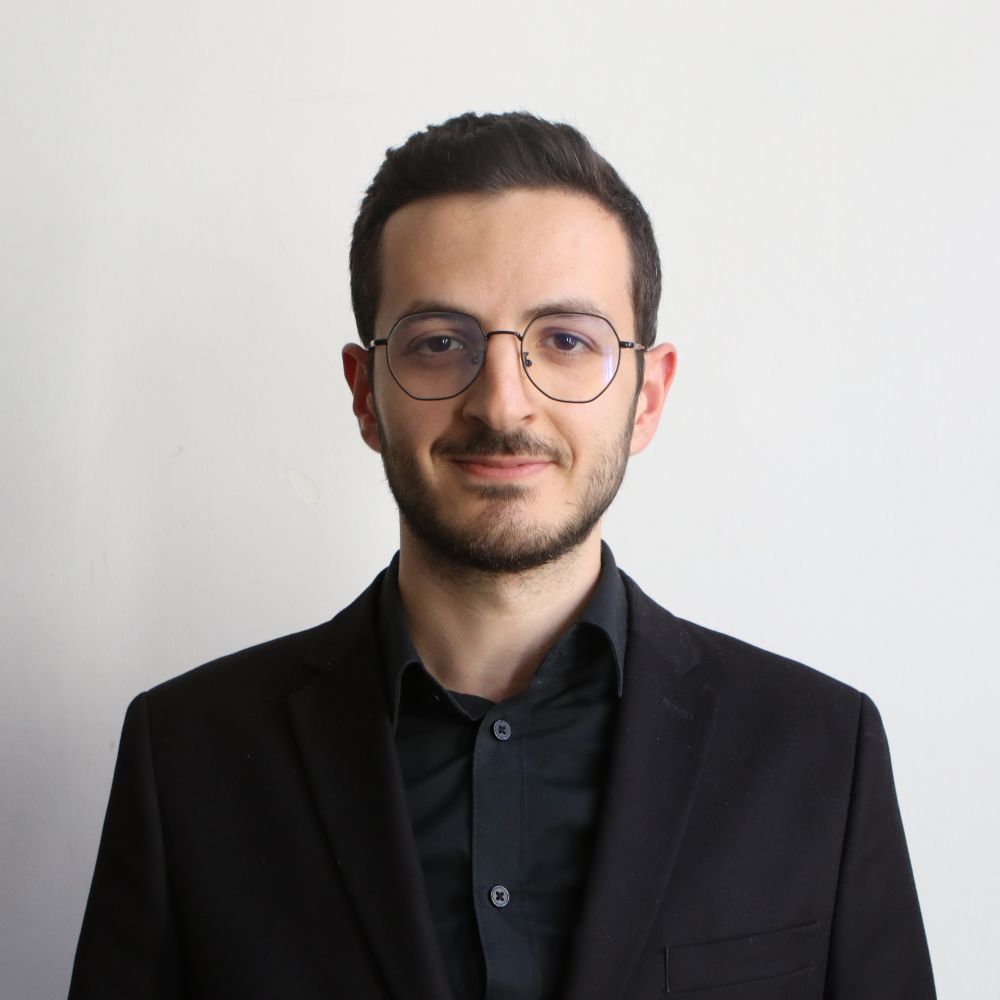Platform Wars
The digital platforms of tech giants like Alphabet-Google, Microsoft, and Amazon play a central role in recent societal transformations worldwide, impacting various aspects of our daily lives, social relations, business transactions, and government decisions. These companies, along with a rapidly growing defense tech sector centered around firms like Palantir Technologies, Anduril Industries, and Helsing AI, are also increasingly shaping how modern wars are 'thought', fought, and experienced. Our project introduces the concept of platform wars to analyze how platform companies and their software drive new ways of thinking about and organizing political violence. By focusing on the digital platform and its techno-economic logics, narrative foundations, and regulatory challenges, we examine how these emerging corporate-military networks create new and shared understandings of, practices related to, and regulations governing political violence. Covering various aspects of platform wars -from markets to data violence to regulation - and drawing on insights from fields such as Science and Technology Studies, critical security studies, critical legal studies, and critical political economy, the project offers innovative conceptual insights. It provides rich empirical evidence on the interactions between corporate and military actors and how they influence new technologies and practices of warfare.

%20-20251020%20Fer%20Avar%20251020Z81_65150004.jpg)
%20-20251020%20Fer%20Avar%20251020Z81_65820009.jpg)
%20-20251020%20Fer%20Avar%20251020Z81_65490007.jpg)
%20-20251020%20Fer%20Avar%20251020Z81_64750002.jpg)
%20-20251020%20Fer%20Avar%20251020Z81_64440001.jpg)
%20-20251020%20Fer%20Avar%20251020Z81_66680040.jpg)

